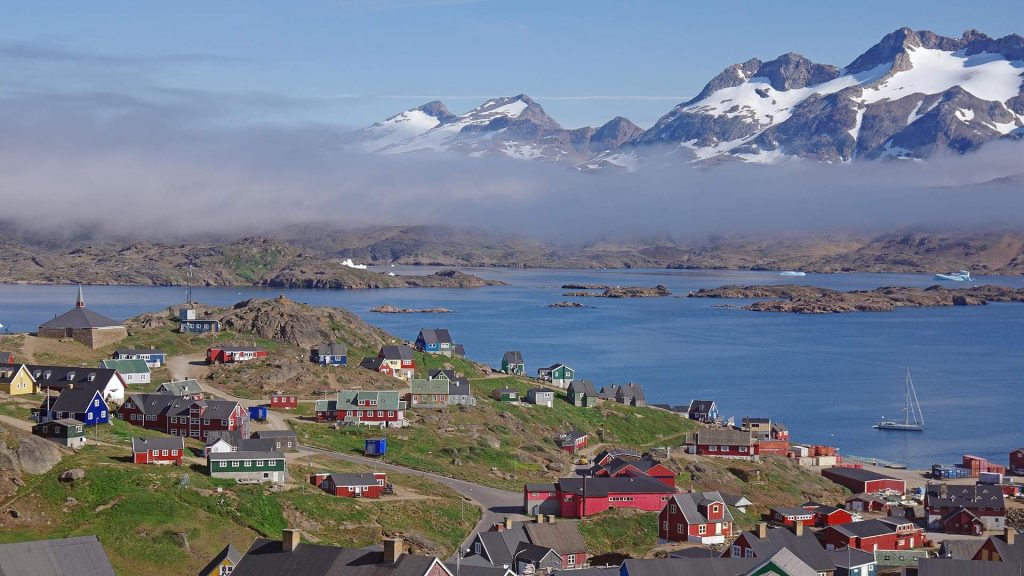French President Emmanuel Macron is set to visit Greenland on Sunday, in what his office describes as a show of European solidarity and a move to ensure that the autonomous Danish territory does not fall prey to growing geopolitical interest, particularly from the United States.
This will mark the first official visit by a foreign head of state to Greenland since US President Donald Trump sparked controversy with his suggestion that the United States could purchase the Arctic island.
Macron, speaking days before the trip, said, “I’m going to say, ‘We’re here, and we’re ready to reinvest ourselves so that there is no preying.’”
Trump had previously cited Greenland’s strategic value and mineral wealth as justification for considering its acquisition, even refusing to rule out the use of force to secure the territory. However, both Greenlandic and Danish authorities have consistently dismissed the idea, insisting the island’s future must be decided solely by its 57,000 residents, the majority of whom support eventual independence but have rejected the notion of joining the United States.
Macron’s visit, at the invitation of Greenland’s Prime Minister Jens-Frederik Nielsen and Danish Prime Minister Mette Frederiksen, is intended as a clear message of European commitment to the region’s sovereignty.
His office described the trip as a “signal in itself” and emphasised the importance of “respecting [Greenland’s] sovereignty and territorial integrity.”

The French president will also focus on Arctic security, holding discussions on how Greenland might be more closely involved in European-led initiatives to support sustainable development in the region. His itinerary includes an aerial survey of a glacier and a visit to a European Union-funded hydroelectric power station, highlighting his dual emphasis on security and climate change.
Macron’s team underscored that the retreat of Greenland’s glaciers is a major environmental concern. The UN’s World Meteorological Organisation has recorded five of the past six years as having the fastest glacier loss rates on record. Glacier melt in Greenland, along with Antarctica and smaller glaciers globally, continues to accelerate sea level rise.
This focus links back to France’s scientific legacy in polar research, with Macron aiming to “massively reinvest in the knowledge of these ecosystems,” following in the footsteps of French explorer Paul-Émile Victor, who studied the region extensively from the 1930s onwards.
The visit also serves as a diplomatic counterweight to recent US gestures that were seen as provocative in both Nuuk and Copenhagen. In March, US Vice President JD Vance toured the American military base at Pituffik, accusing Denmark of failing to adequately defend Greenland and claiming the local population had been neglected.
While polls suggest strong support among Greenlanders for independence, there is little appetite for closer ties with Washington, despite US interest in expanding its influence in the Arctic.
Following his stop in Greenland, Macron will continue to Canada to attend the G7 summit, further solidifying the trip as part of a broader European geopolitical strategy in the face of rising global competition in the Arctic.


 Trending
Trending 